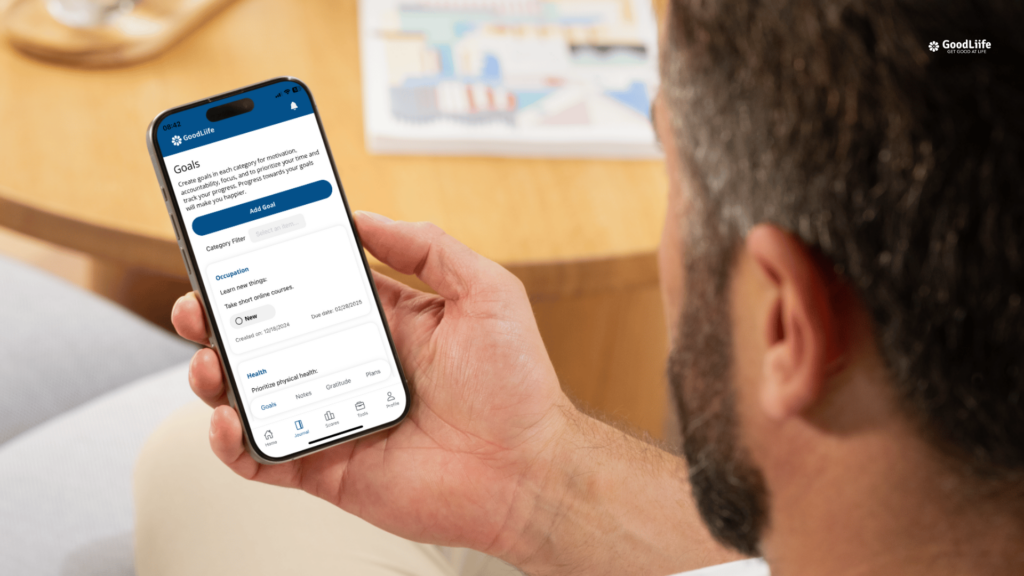Mentorship is more than just guidance—it’s a transformative relationship that shapes careers, personal growth, and even life trajectories. A strong mentor-mentee bond provides a foundation of trust, insight, and mutual support, empowering both individuals to reach their full potential. But like any meaningful relationship, it requires effort, commitment, and clear communication to thrive. In this article, we delve into actionable strategies and real-life examples to help you cultivate mentor relationships that stand the test of time, ensuring long-term success for everyone involved.
The Importance of Mentorship
Mentorship plays a pivotal role in personal and professional development. A mentor’s guidance can unlock opportunities, offer new perspectives, and accelerate growth. Conversely, mentees provide mentors with fresh ideas, renewed purpose, and the satisfaction of giving back. According to a 2019 study published in the Journal of Vocational Behavior, individuals with mentors are 80% more likely to report increased job satisfaction, career progression, and skill enhancement. This mutual exchange of value creates a dynamic relationship that benefits both parties.
Whether you’re a seasoned professional or just starting your career, mentorship can be the key to unlocking new levels of success and fulfillment.
Key Elements of a Strong Mentor Relationship
1. Establishing Clear Expectations
Setting the groundwork for a successful mentorship begins with defining clear expectations. Both mentor and mentee should outline their roles, objectives, and desired outcomes. This clarity prevents miscommunication and ensures that both parties are aligned in their efforts.
Actionable Tip: Use frameworks like SMART (Specific, Measurable, Achievable, Relevant, Time-bound) to set practical and measurable goals. For example, a mentee aiming to improve public speaking skills could set a goal to deliver three presentations within six months.
Supporting Research: A Harvard Business Review study found that mentorship relationships with clearly defined goals have a 30% higher success rate compared to those without.
2. Building Trust
Trust is the cornerstone of any successful relationship. In mentorship, trust fosters openness, vulnerability, and a willingness to share challenges and aspirations. Building trust takes time, but it starts with consistency, reliability, and empathy.
Research Insight: The American Psychological Association highlights that trust is built through small, consistent actions, such as following through on commitments and showing genuine interest in the other person’s well-being.
Example: Imagine a mentor who always follows up on their mentee’s progress and provides thoughtful advice. This consistency demonstrates commitment and builds a solid foundation of trust over time.
Practical Steps:
- Be punctual and prepared for meetings.
- Actively listen without interrupting.
- Show empathy and understanding during discussions.
3. Effective Communication
Communication is the lifeblood of a successful mentor relationship. Open, honest, and regular interactions help both parties navigate challenges and celebrate achievements.
Practical Steps:
- Schedule regular check-ins, whether weekly or monthly, to stay aligned.
- Use active listening techniques, such as paraphrasing to confirm understanding and asking open-ended questions to explore deeper insights.
- Provide constructive feedback. Focus on solutions and opportunities for growth rather than merely pointing out mistakes.
Example: A mentor who listens to their mentee’s struggles with time management and collaboratively develops a strategy for prioritization demonstrates the power of effective communication.
4. Fostering Mutual Respect
Respect is a two-way street in mentorship. Both mentor and mentee bring unique experiences, knowledge, and perspectives to the table. Recognizing and valuing these contributions creates a balanced and harmonious relationship.
Case Study: At Google’s mentorship program, mentors who acknowledged and leveraged their mentees’ unique skills reported a 40% increase in their mentees’ confidence and engagement levels. For instance, a mentor might ask for a mentee’s input on social media trends, appreciating their fresh perspective and expertise.
Tips for Fostering Respect:
- Show appreciation for the other person’s time and effort.
- Be open to learning from one another.
- Avoid imposing authority; instead, adopt a collaborative approach.
5. Encouraging Growth and Independence
A mentor’s ultimate goal is to guide the mentee toward self-sufficiency and independence. Encouraging the mentee to take initiative and make decisions helps them build confidence and problem-solving skills.
Example: In academia, a mentor might encourage their mentee to lead a research project. This not only develops the mentee’s leadership skills but also instills a sense of ownership and accountability.
Actionable Tip: Gradually shift from giving direct advice to asking guiding questions that help the mentee arrive at their own solutions.
Overcoming Challenges in Mentor Relationships
No relationship is without its hurdles. Common challenges in mentorship include:
- Misaligned Expectations: Revisiting goals and expectations periodically can help bridge gaps and realign priorities.
- Communication Gaps: Scheduling regular touchpoints can help prevent misunderstandings.
- Power Dynamics: Emphasizing collaboration over hierarchy fosters a more equitable and effective relationship.
The International Mentoring Association provides tools and strategies to address these challenges effectively. Visit their website at mentoringassociation.org for additional resources.
Leveraging Technology in Mentorship
Technology has revolutionized the way mentorship works, making it easier to connect, communicate, and track progress. Tools like video conferencing (e.g., Zoom) and project management platforms (e.g., Trello, Asana) facilitate seamless collaboration, even across long distances.
Innovative Solutions: Apps like Slack and Microsoft Teams allow for real-time communication and document sharing, while digital calendars ensure that meetings and deadlines are never missed.
The GoodLiife Score App: A Game-Changer for Mentorship

The GoodLiife Score App takes mentorship to the next level by integrating self-assessment and progress tracking tools. Its ZenScore™ system provides a detailed personal life scorecard, empowering mentees to evaluate their well-being across various life domains. This data-driven approach helps mentors offer tailored guidance based on specific needs and goals.
Key Benefits for Mentorship:
- Balanced Priorities: Encourages mentees to focus on both professional achievements and personal well-being.
- Progress Tracking: Enables both mentors and mentees to monitor growth and adjust strategies accordingly.
- Stress Reduction: Helps mentees maintain emotional and mental balance while striving for success.
Using the GoodLiife Score App, mentors can build deeper connections by addressing mentees’ holistic development, ensuring a more impactful and enduring relationship.
Conclusion
Building a strong mentor relationship is an investment in mutual growth and success. By focusing on trust, communication, respect, and fostering independence, both mentors and mentees can create a dynamic partnership that lasts a lifetime. Modern tools like the GoodLiife Score App further enrich this experience by providing insights and tracking progress, ensuring that both parties thrive.
Start building your mentorship legacy today. Define clear goals, cultivate trust, and leverage innovative tools like the GoodLiife Score App to make your mentorship journey truly transformative.
Learn more about the GoodLiife Score App here or download from the App Store.
